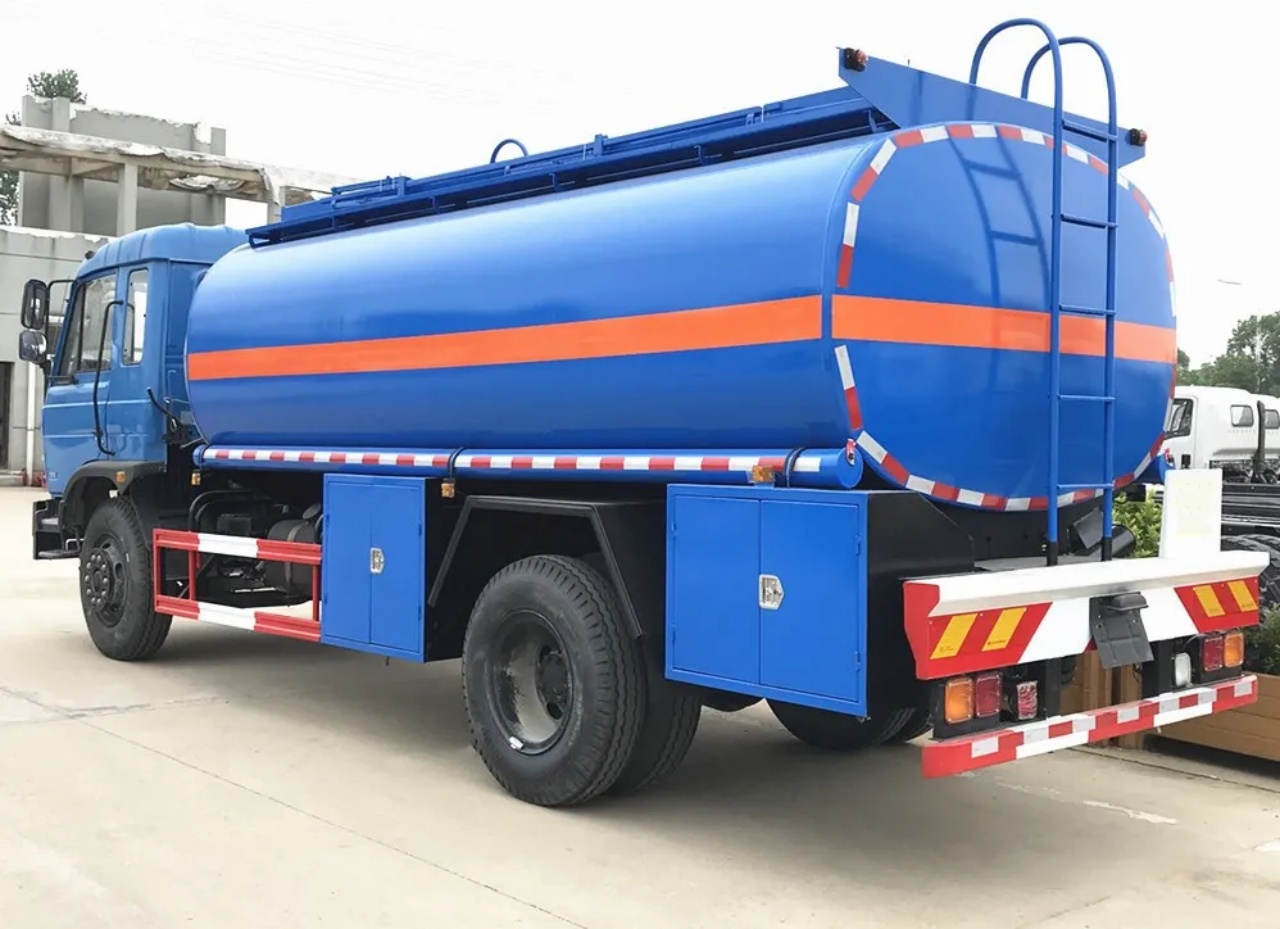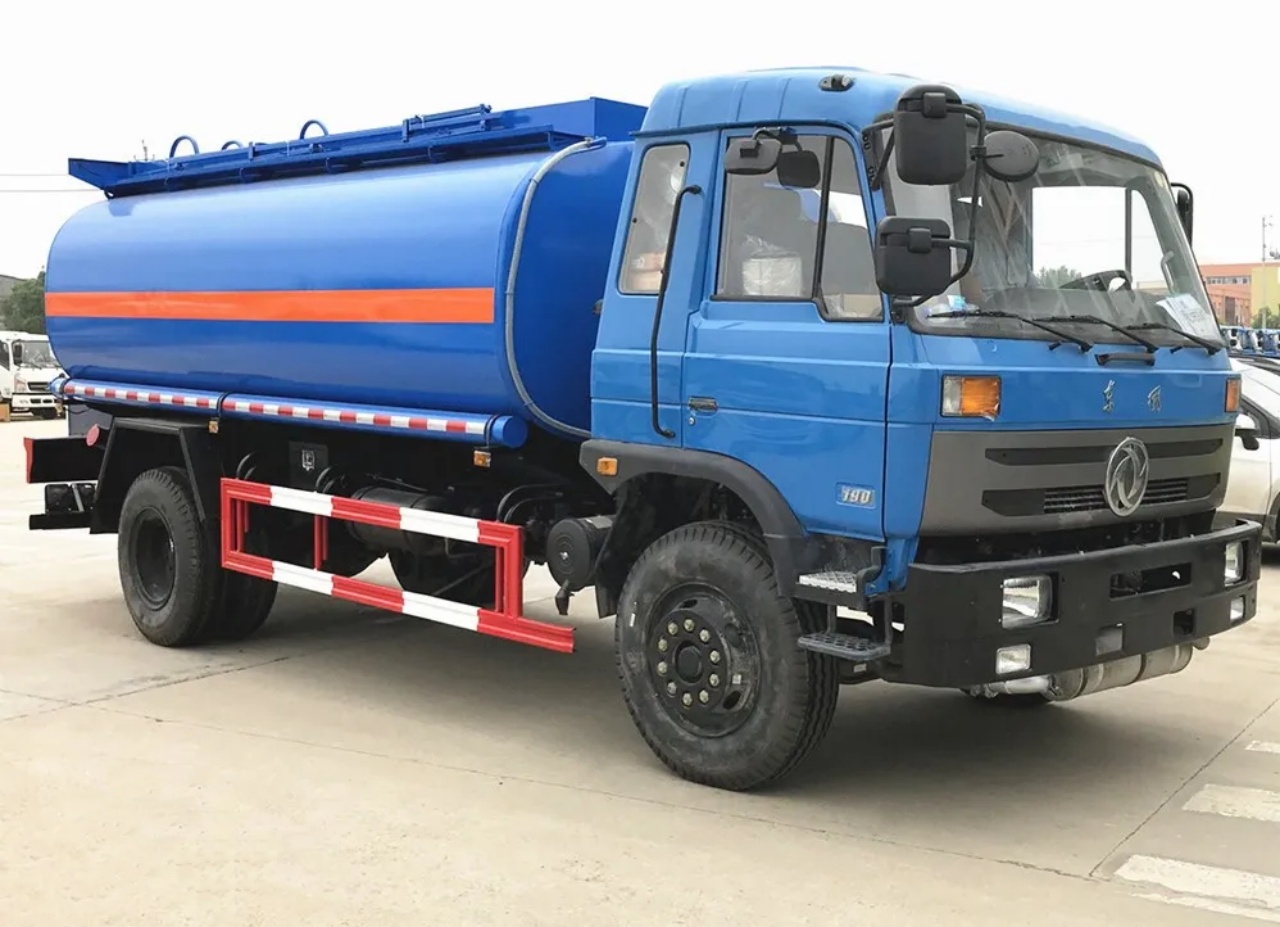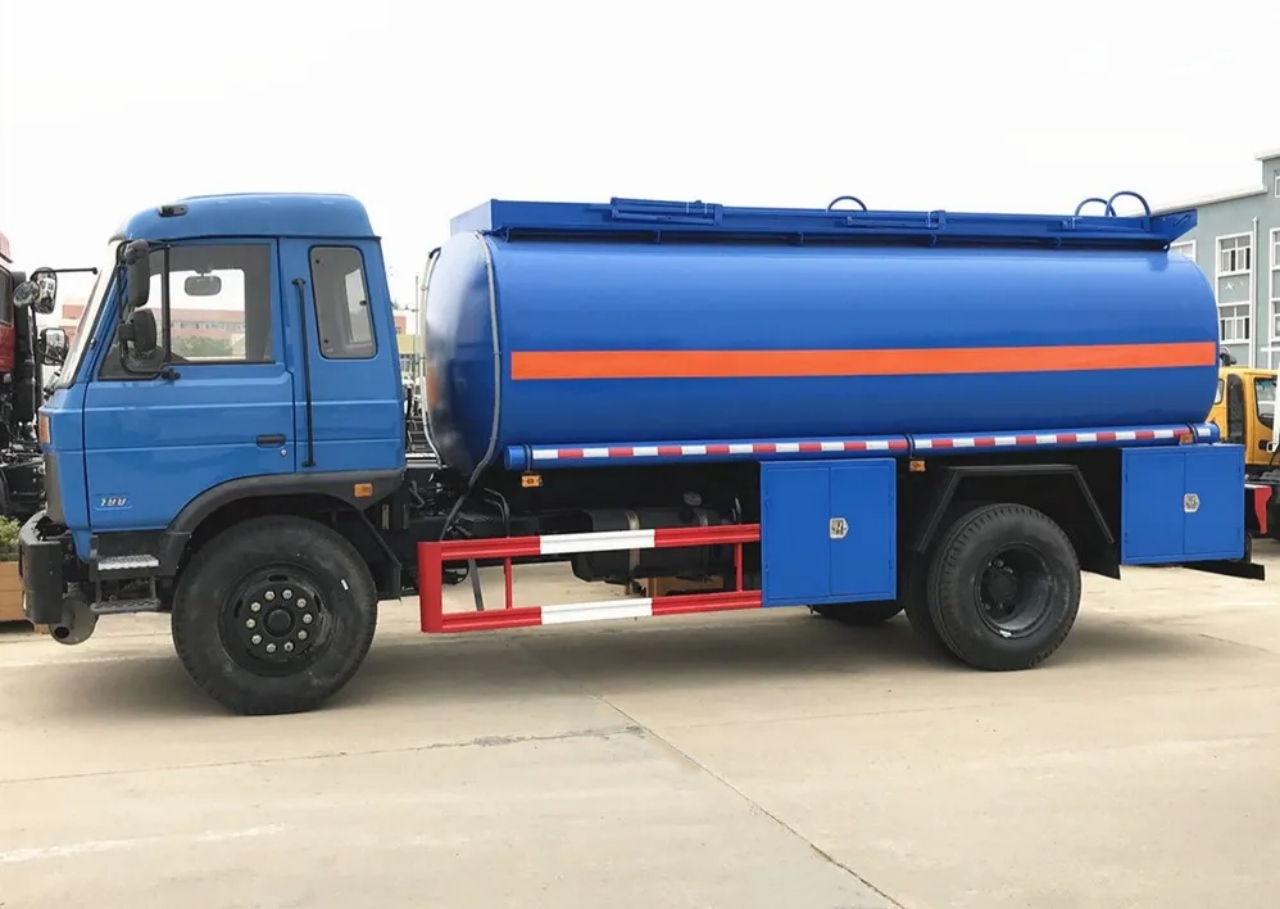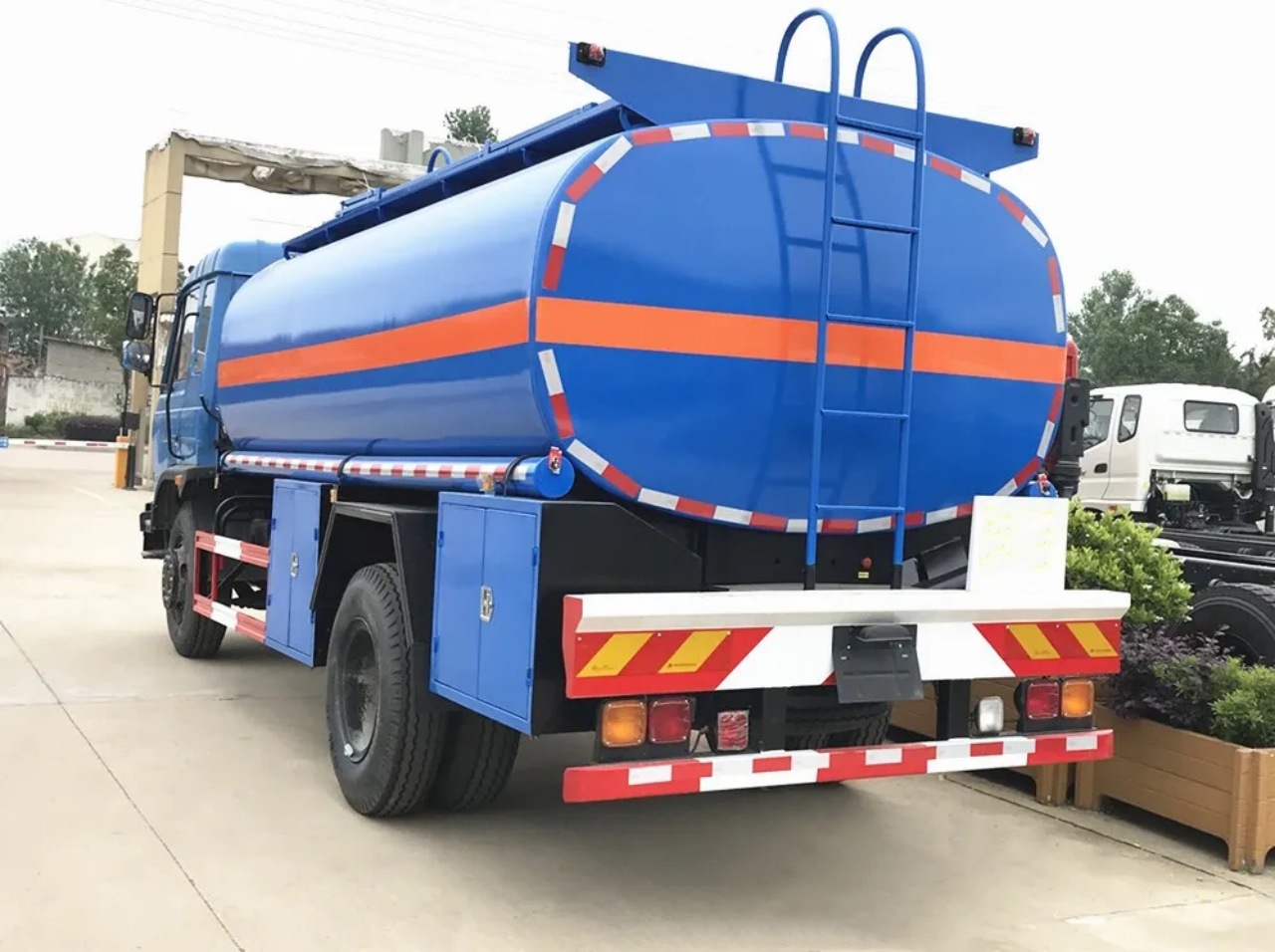A diesel bowser, often referred to as a fuel bowser, mobile fuel tank, or fuel tanker, is a specialized vehicle designed to transport, store, and dispense diesel fuel safely and efficiently. These vehicles play a critical role in a variety of industries, particularly in sectors where fuel supply is essential to operations in remote or large-scale environments. From construction and mining to agriculture and emergency services, the diesel bowser has become an indispensable tool for ensuring an uninterrupted energy supply.
In this article, we will explore the primary uses of diesel bowsers, their key features, industries that rely on them, and the advantages they offer in modern fuel management.
Understanding Diesel Bowsers
A diesel bowser is essentially a mobile tank fitted to a vehicle or trailer that is specifically engineered to handle diesel fuel. These units can vary in size, ranging from small towable units with capacities as low as 500 liters to large truck-mounted versions capable of carrying several thousand liters of diesel. They are equipped with safety features such as pressure relief valves, fire extinguishers, grounding systems, and spill containment mechanisms to ensure the safe handling of a flammable substance.
Primary Uses of Diesel Bowsers
1. On-site Fueling of Machinery and Vehicles
One of the most common uses of a diesel bowser is to provide on-site refueling for construction machinery, agricultural equipment, mining vehicles, and fleet trucks. In areas where access to fuel stations is limited or nonexistent, having a diesel bowser available means that machines can continue operating without interruption.
For example, in large construction sites, earthmoving equipment such as excavators, bulldozers, and cranes needs constant fuel to perform heavy-duty tasks. A diesel bowser can move between different locations within the site, supplying fuel directly to the machinery, saving time and increasing productivity.
2. Fuel Supply in Remote or Rural Locations
Many industrial and farming operations take place in remote areas that are far from any established infrastructure. In such settings, transporting diesel fuel using a diesel bowser is not just convenient—it’s essential. Farmers can use these units to power tractors, harvesters, and irrigation pumps without relying on fixed fuel stations, which may be hours away.
Likewise, mining operations, which often occur in isolated regions, depend on mobile diesel supply to keep drills, loaders, and haul trucks running throughout the day and night.
3. Emergency and Backup Fuel Supply
Diesel bowsers are also used in emergencies to supply fuel to generators and emergency response vehicles. During power outages, natural disasters, or infrastructure failures, having a mobile diesel tank ensures that hospitals, communication centers, and disaster relief operations can continue functioning.
In disaster response scenarios, diesel bowsers help fuel ambulances, fire trucks, and mobile clinics, allowing rescue and recovery efforts to proceed smoothly without worrying about fuel scarcity.
4. Fleet Fueling and Logistics Operations
For companies that manage large fleets of vehicles, such as logistics providers, public transport agencies, and delivery services, a diesel bowser offers a cost-effective solution for fleet fueling. Instead of sending each vehicle to a fuel station, a single bowser can refuel multiple vehicles during off-hours or at a central depot.
This not only saves time and reduces fuel consumption associated with travel to and from fuel stations, but also enables better tracking and management of fuel usage.
5. Temporary Fuel Storage
In some cases, diesel bowsers are used simply as temporary storage units for fuel. This is especially common during events, construction projects, or agricultural seasons when a temporary increase in fuel demand exists. Instead of installing permanent tanks, which can be expensive and subject to regulatory approvals, businesses can use a diesel bowser to meet their short-term needs efficiently.
Features and Configurations
Modern diesel bowsers come with a variety of features designed to improve functionality, safety, and user-friendliness:
- Pumps and Hoses: Equipped with electric or hand-operated pumps, hoses, and nozzles to allow easy and controlled dispensing.
- Meters and Gauges: Fuel meters and level indicators help monitor fuel quantity and prevent overfilling.
- Lockable Compartments: Secure storage to prevent unauthorized access and theft.
- Spill Containment: Bunded tanks (double-walled designs) to prevent environmental contamination in case of leaks.
- Compliance: Designed to meet international safety standards for transporting hazardous materials.
They are available in various configurations, including:
- Truck-mounted bowsers: Ideal for large-scale industrial and commercial applications.
- Trailer-mounted bowsers: Towable units suited for medium-duty use on farms or smaller sites.
- Skid-mounted bowsers: Stationary units that can be lifted onto flatbeds or placed at specific locations.
Industries That Use Diesel Bowsers
- Construction: Keeps heavy equipment and generators running on job sites.
- Mining: Essential for operations in remote locations with no fixed fuel infrastructure.
- Agriculture: Powers tractors, harvesters, and other field machinery during planting and harvest seasons.
- Transport and Logistics: Supports fleet fueling and maintenance.
- Military and Defense: Ensures operational readiness by fueling armored vehicles and field generators.
- Oil and Gas: Provides refueling capabilities in exploration and drilling fields.
- Events and Film Production: Powers temporary lighting, sound equipment, and catering units.
Benefits of Using Diesel Bowsers
Using a diesel bowser offers multiple benefits:
- Operational Efficiency: Reduces downtime by bringing fuel directly to where it’s needed.
- Cost Savings: Saves on fuel transportation costs and prevents idling time for machinery or vehicles.
- Improved Safety: Reduces the risk associated with fuel handling through built-in safety systems.
- Fuel Management: Enables better control and tracking of fuel consumption, which helps in budgeting and resource planning.
- Versatility: Can be used across various terrains and industries.
Conclusion
Diesel bowsers are more than just mobile fuel tanks—they are vital components of fuel logistics and management in industries that rely on continuous operations. Whether it’s powering construction machinery, fueling a remote farm, or providing backup fuel during emergencies, the diesel bowser ensures that fuel is always available where and when it is needed. As industries continue to grow and operate in increasingly challenging environments, the importance of diesel bowsers in maintaining efficiency, safety, and productivity will only become more pronounced.





